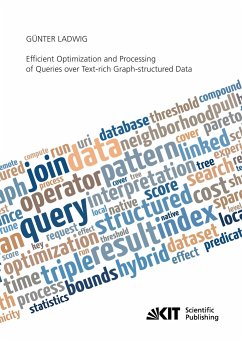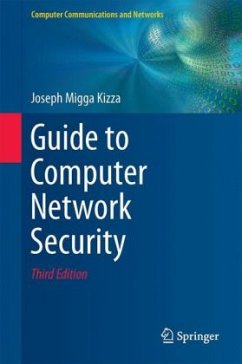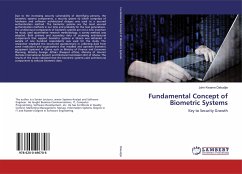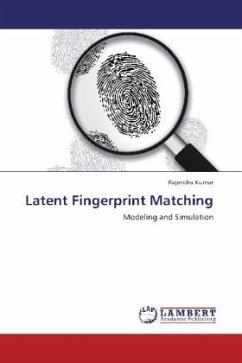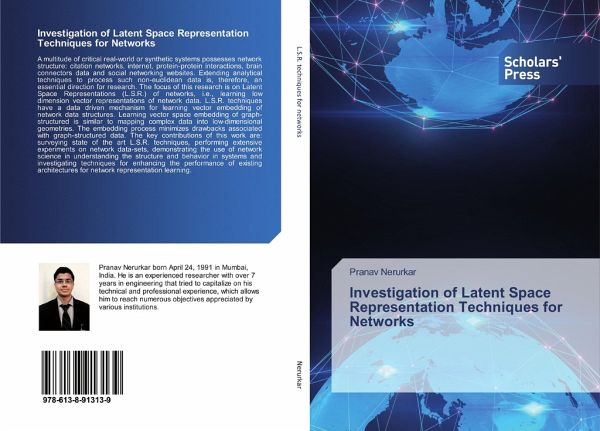
Investigation of Latent Space Representation Techniques for Networks
Versandkostenfrei!
Versandfertig in 6-10 Tagen
53,99 €
inkl. MwSt.

PAYBACK Punkte
27 °P sammeln!
A multitude of critical real-world or synthetic systems possesses network structure: citation networks, internet, protein-protein interactions, brain connectors data and social networking websites. Extending analytical techniques to process such non-euclidean data is, therefore, an essential direction for research. The focus of this research is on Latent Space Representations (L.S.R.) of networks, i.e., learning low dimension vector representations of network data. L.S.R. techniques have a data driven mechanism for learning vector embedding of network data structures. Learning vector space emb...
A multitude of critical real-world or synthetic systems possesses network structure: citation networks, internet, protein-protein interactions, brain connectors data and social networking websites. Extending analytical techniques to process such non-euclidean data is, therefore, an essential direction for research. The focus of this research is on Latent Space Representations (L.S.R.) of networks, i.e., learning low dimension vector representations of network data. L.S.R. techniques have a data driven mechanism for learning vector embedding of network data structures. Learning vector space embedding of graph-structured is similar to mapping complex data into low-dimensional geometries. The embedding process minimizes drawbacks associated with graph-structured data. The key contributions of this work are: surveying state of the art L.S.R. techniques, performing extensive experiments on network data-sets, demonstrating the use of network science in understanding the structure and behavior in systems and investigating techniques for enhancing the performance of existing architectures for network representation learning.



